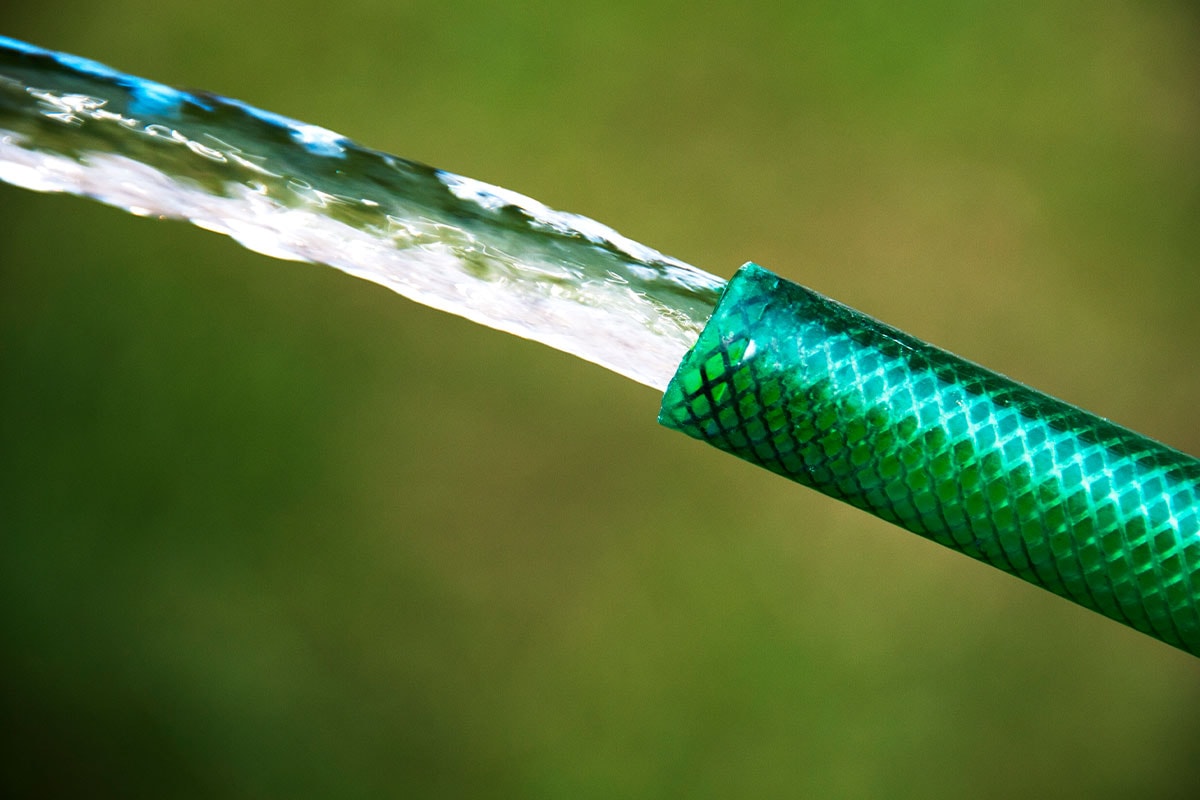Regeneration washings are water that was used in the water softening process. Water softening involves removing calcium and magnesium salts, which are responsible for the so-called Water hardness. Softened water is definitely more friendly to our household appliances, as well as to our skin and hair. However, the question is whether it is safe to use regeneration washings in your garden?
Water grading is a process in which water passes through a softening bed (usually made of an ion exchange resin), which "exchanges" calcium and magnesium ions for sodium ions. After the regeneration process, the water contains a high concentration of salts, which may be harmful to plants and soil in the garden.
Why are washings after regeneration harmful to plants?
Rinsings from water softening should not be discharged into the garden because the regenerated water is rich in high salt concentrations. Plants need an appropriate level of hydration, and water that is too salty has a negative impact on their health.
Plants do not absorb highly saline water, which means they are susceptible to quick drying. In the long run, such practices may lead to the weakening or even death of plants. For this reason, if we want a nice garden, it is better to give up this idea.
The impact of post-regeneration washings on the soil
Discharging washings into the garden may also have a negative impact on the soil. Too high a salt concentration in the soil can lead to salinization, which in turn makes it difficult for plants to absorb water and nutrients.
Soil salinity can also affect soil structure, reducing water permeability and causing compaction. As a result, the soil becomes less friendly to plants and biological processes are hindered.
Legal aspects of discharging washings after regeneration
Discharging washings into the garden is also legally questionable. Many countries have environmental laws in place to prevent soil and groundwater contamination. Therefore, it may be illegal to discharge highly saline water into your garden.
Before deciding to discharge washings into the garden, it is worth checking local laws and regulations. In some cases, you may be required to obtain consent for these types of activities or use specific disposal methods.
Alternative ways of disposing of rinsing water after regeneration
If it is not possible to discharge the regeneration washings into the garden, there are other ways to manage them. This water can be used, for example, to wash cars, water salt-resistant plants (e.g. succulents), or irrigate lawns.
Another option is to direct the washings to special retention tanks, which are designed to gradually release water into the environment while diluting the salt. You should also consider consulting your local water or environmental services for information on best practices for disposing of backwash water.



